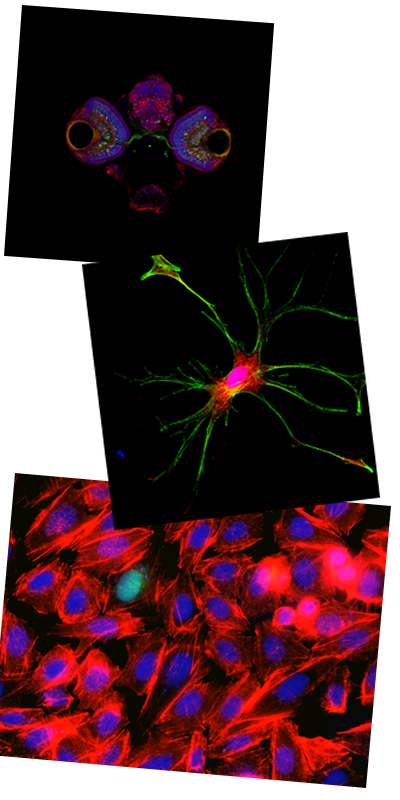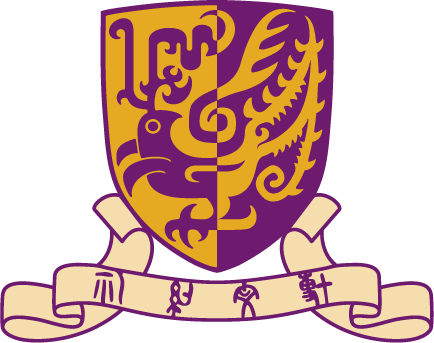Introduction
Cell and molecular biology is an interdisciplinary field that represents the frontiers of biology and medicine. Advances in cellular imaging and multi-omics sequencing techniques have shifted the focus of modern biology towards understanding the functions of genes at the molecular, cellular and organismic levels. Launched in 2008, the Cell and Molecular Biology Programme (CMBI) offers an integrated curriculum that allows students to acquire a breadth of understanding through access to diverse disciplines within the realm of molecular and cellular biology. Our students receive intensive laboratory training and develop core skills in analytical thinking and scientific communication, all with the goal of preparing them to undertake future research-related works in cell and molecular biology and beyond.
 Words from
Words fromProfessor Ge Wei (Founding Director)
Professor Jiang Li-Wen (Programme Director)
Programme Learning Outcomes
1. Major Programme:
Upon completion of the programme, CMB students will be able to:
Knowledge outcomes:
(1) Apply core knowledge in the fields of modern life sciences (including but not limited to cell and molecular biology, biochemistry, developmental biology, neurobiology, and bioinformatics) in a wide range of postgraduate studies and CMB-related career paths;
(2) Possess in-depth understanding in at least one major area of CMB.
Skill outcomes:
(1) Obtain fundamental laboratory skills applicable to major fields of modern biological and biomedical sciences, and apply them in experimental designs and problem-solving via the scientific method;
(2) Critically analyse and interpret scientific data and discuss major issues in CMB through engagement with the scientific literature;
(3) Communicate proficiently with the scientific community in both oral and written forms;
(4) Identify key research questions in CMB, generate and integrate novel ideas, and formulate scientific research proposals that comply with the professional standards for grant applications in Hong Kong;
(5) Work independently and in a team.
Values and attitudes outcomes:
(1) Develop proper, positive work attitudes that facilitate self-fulfillment and productivity at the workplace;
(2) Recognize and comply with the principles of scientific integrity and research conduct, and become responsible members of the scientific community.
2. Minor Programme:
Upon the completion of the Minor Programme, students will have acquired basic knowledge in modern life sciences including cell and molecular biology, developmental biology, neurobiology, and bioinformatics, which facilitate further studies in modern biological and biomedical sciences or pursuing a related career.



